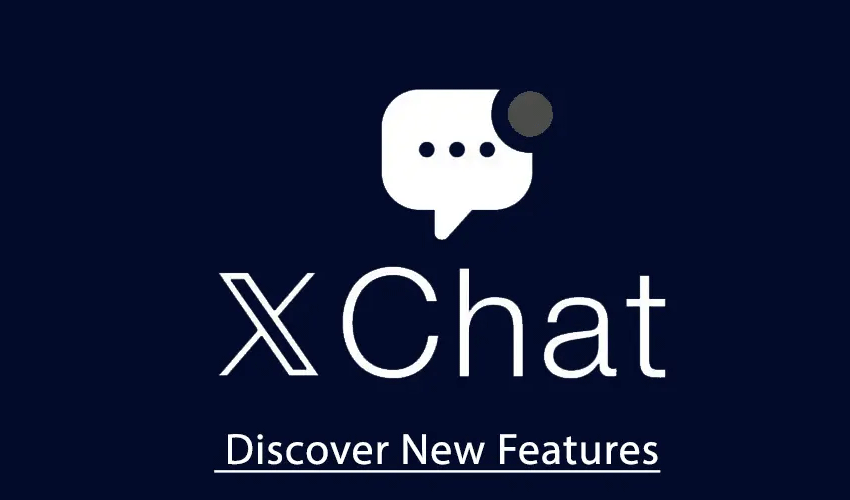Musk introduces XChat to compete with Telegram and WhatsApp.

On Sunday, tech entrepreneur Elon Musk introduced XChat, an encrypted messaging and calling tool integrated into the social media site X (previously Twitter), furthering his ambition to evolve the platform into a comprehensive digital ecosystem.
In a post on X, Musk characterised XChat as “entirely new,” emphasising its privacy-oriented features such as end-to-end encrypted conversations, ephemeral communications, and cross-platform audio and video calls, all of which do not necessitate user registration via a phone number. The platform is presently undergoing a beta rollout for a select group of paid subscribers.
Musk characterised the new tool as operating on “a completely new architecture,” asserting that the encryption techniques in XChat are influenced by Bitcoin-style cryptography. The announcement has created excitement in the computer industry, however the technical details of the encryption mechanism remain undisclosed to the public.
Musk stated that XChat is “private and secure by design,” positioning it as a potential competitor to Meta-owned WhatsApp, Telegram, and Signal, all of which provide differing levels of end-to-end encryption.
Transition to encrypted communication
The launch is in response to increasing global demand for secure digital communication solutions. Platforms like WhatsApp and Signal have established end-to-end encryption (E2EE) as a standard feature, whereas others such as Messenger and Instagram are progressively implementing encrypted options.
Recently, X has implemented features like “vanishing mode” and enhanced group chat functionalities, indicating a transformation in its messaging framework. XChat is regarded as the pinnacle of these upgrades, designed to appeal to people concerned with online privacy and data security.
Initial beta testers have indicated that XChat discussions are secured by a 4-digit passcode mechanism, providing an additional layer of security for users valuing anonymity.
Rivalling technological behemoths
XChat’s introduction into the saturated messaging application market positions X in direct rivalry with prominent competitors such as WhatsApp and Telegram. Musk’s strategy notably departs from conventional methods by abolishing the phone number prerequisite, so establishing XChat as a more anonymous and privacy-centric alternative.
Industry watchers have observed that including encrypted chat into a comprehensive social media application might distinguish X from its rivals—especially if XChat is effortlessly integrated with payment systems and other app features that Musk has alluded to in recent months.
X’s aspiration for a ‘Everything App’
The advancement of XChat aligns with Musk’s overarching goal to transform X into a “everything app,” a notion influenced by China’s WeChat, which integrates messaging, social networking, banking, ride-hailing, and dating inside a singular platform.
Musk has articulated his ambition for X to evolve into a multifunctional platform by the conclusion of 2024, with capabilities such as digital payments and dating services.
Following the acquisition of Twitter in late 2022, Musk has implemented extensive modifications to the platform, including its rebranding to X, the introduction of paid membership tiers, AI-generated content tools, and an expanding array of services designed to enhance user engagement and monetization.
The success of XChat in competing with established entities in the encrypted messaging sector is yet to be determined. Nonetheless, this action signifies another audacious initiative by Musk as he endeavours to transform the digital communications sphere.